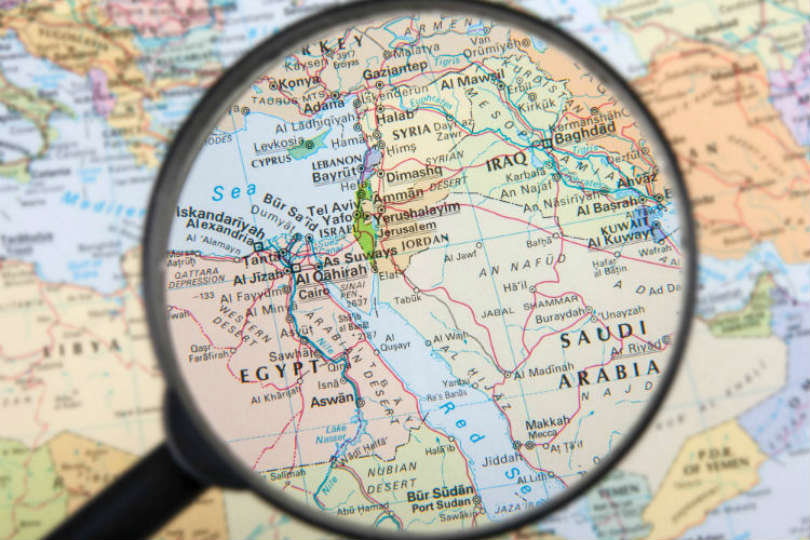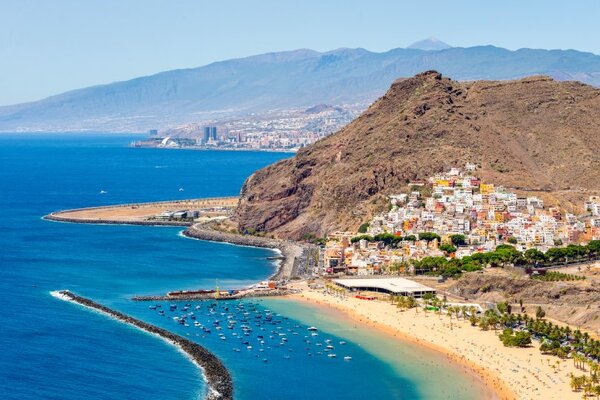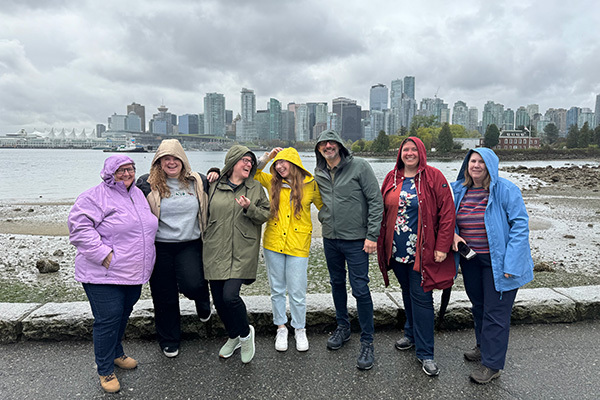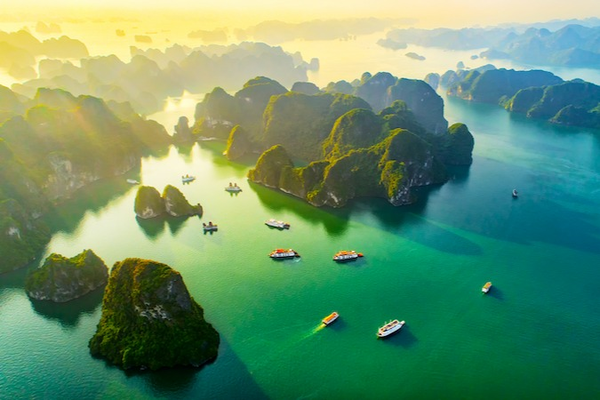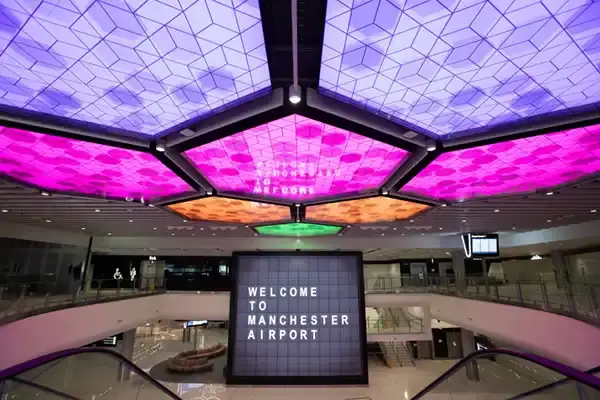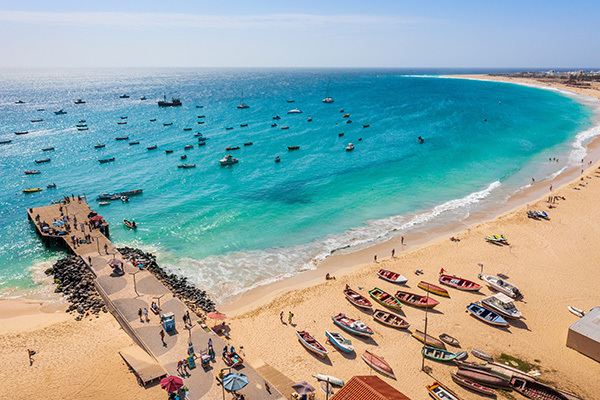'If a country has a poor human rights record, should we still holiday there?'
 Gary Noakes
Gary NoakesThis year, you’ll be hearing more about a massive Red Sea development a couple of hundred miles from Egypt’s Marsa Alam. It boasts the added attraction of a desert excursion to an undiscovered Unesco World Heritage Site similar to Petra.
Sounds great, but there’s a big drawback – the hotels are springing up opposite Marsa Alam, across the sea in Saudi Arabia, and the Unesco Site, Mada’in Saleh, is deep within.
Saudi Arabia is developing an area the size of Belgium, with the first phase – including an international airport and 14 hotels with 3,000 rooms on five islands – due by 2022.
Saudi’s crown prince Mohammad bin Salman has introduced tourist visas, will permit unmarried foreign couples to share rooms and is considering allowing alcohol to be served in the new development. As for his own citizens, he has even permitted women to drive and to travel abroad without a man’s consent.
It started to look like he could be the guy to drag the country from the Stone Age – and then Saudi agents were caught murdering journalist Jamal Khasoggi in Istanbul last October after he’d written articles the Saudi state didn’t like.
Moreover, days ago, campaign group Reprieve reported that the country executed a record 184 people in 2019 – mostly beheading them – including “at least three” who were children when arrested. Another three juveniles remain on death row.
So should the travel industry be encouraging visits to Saudi Arabia? Based on the country’s human rights, I would suggest not. If tourists are after the Red Sea there’s always Egypt, while for an ancient Nabatean site and desert, there’s Jordan’s Petra and Wadi Rum. Job done.
That said, there’s no doubt an influx of tourists to any country is liberating. Travel broadens the mind, but also the minds of those that travellers meet. Opening a country to foreigners can bring a flood of ideas that make its citizens – and eventually its leaders – think differently.
Cuba is one example, where tourists from Canada and Europe helped halt the move towards full communism. Another is Qatar. Perhaps 15 years ago, few in the UK had even heard of this country, but more visitors has meant more international scrutiny and forced the abolition of the tied labour system for migrant workers building hotels and Fifa World Cup infrastructure.
Last year, over dinner with locals in the UAE, I quietly relayed reports I had read of how Dubai’s ruler had allegedly ordered the return of his daughter, Latifa, to the emirate at gunpoint, with forces sent to capture her off India as she sought asylum (there’s a BBC documentary about it). “You know more about this than we do,” said the Emiratis I was with. Sometimes it takes a visitor to act as messenger.
Before mass tourism to Dubai, this episode would have faced far less international scrutiny – probably because it wouldn’t have been on anyone’s radar. Now it’s an international issue we are probably unlikely to see such things again. Nothing changes overnight, but the drip-drip of foreign persuasion and gentle pressure all builds up.
Despite all the arguments to boycott destinations because of their human rights record, bringing fresh influences to a country can be a force for change. It might take generations, but you have to begin somewhere. In Saudi Arabia’s case, tourists will have to make up their own minds.
Personally, I’m not sure visiting a remote beach resort isolated from reality will help the country’s regime to change its ways – and I certainly won’t be visiting myself. But whether tourists choose to visit Saudi Arabia, or don’t, this could yet be a small – and important – first step for the country.
Gary Noakes has been writing about the travel industry for TTG for more than 20 years.
Created with Poll MakerSign up for weekday travel news and analysis straight to your inbox

Gary Noakes
Supplier Directory
Find contacts for 260+ travel suppliers. Type name, company or destination.
